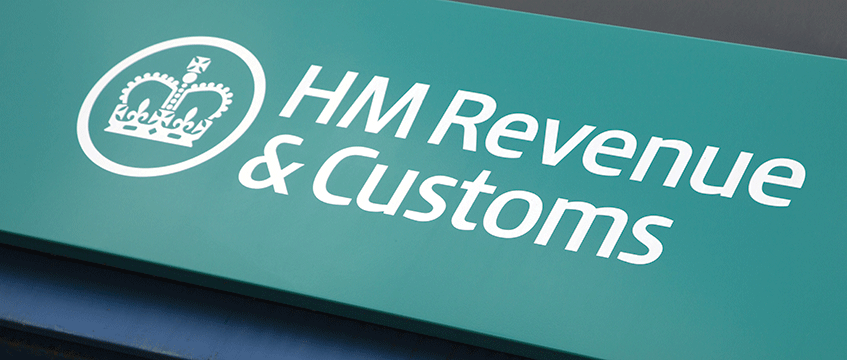A property business run by Scottish Entrepreneur David Moulsdale is liable for £190,000 of VAT, the Supreme Court ruled today.
The case is unusual because most property sales are exempt from VAT.
Moulsdale is the founder, chairman and CEO of Glasgow-based laser eye-surgery company Optical Express. He also invests in property across Scotland and the UK.
Although property deals do not usually qualify for VAT, sellers can opt to charge the tax on a property if they want to claim back other VAT charges connected with the property. In this case, Moulsdale Properties, a company owned by Moulsdale, bought a Glasgow office block for £1.1m in 2001. The seller opted to charge VAT, so Moulsdale paid £199,500 in VAT. Moulsdale then opted to tax the land, which meant that he could then reclaim the VAT. The property was then leased to Optical Express, which, as an optician, is a VAT-exempt business.
In 2014, Moulsdale sold the property to another development company for £1.1m. He did not charge VAT on the sale. However, HMRC decided that the transaction was not VAT-exempt and ruled that he was liable for almost £200,000 in tax.
Handing down judgment today, Supreme Court judge Lady Rose said the case turned on whether Moulsdale was a “developer of the land” under the provisions of the VAT Act. There was, however, a further complication.
“Unfortunately, because of the way the provisions are drafted, there is a conundrum when it comes to deciding whether Mr Moulsdale is a developer of the land, and hence whether the sale of the land is subject to VAT,” Rose said.
“The effect [of the legislation] seems to be that if Mr Moulsdale charges VAT, then he is a developer of the land and VAT is not payable, but if Mr Moulsdale does not charge VAT, then he is not a developer of the land, and the option to tax still applies to the land, so he should charge VAT.”
“Drafting tax legislation is a difficult and complicated task, so it is perhaps not surprising that sometimes the legislation doesn’t quite work.”
According to the ruling, HMRC and Moulsdale agreed that the legislation was circular, and came up with their own interpretations.
Moulsdale took a “broad construction” of the provisions, the judge said. His argument was that as he expected the purchaser would pay VAT on the land, he was a developer and therefore correct not to charge VAT.
However, the Supreme Court, in its ruling, backed HMRC.
“The Supreme Court relies on the purpose behind [the legislation],” the judge said.
“It is aimed at ensuring that [VAT] exempt businesses cannot recover input VAT. This purpose would be defeated on the construction Mr Moulsdale argues for.”
This is because it would enable him to have the option to tax the land as long as it was favourable to him, but he could “switch off” the option to tax by selling it.
“The Supreme Court, therefore, unanimously dismisses Mr Moulsdale’s appeal,” Rose said.
Moulsdale t/a Moulsdale Properties v Commissioners for HM Revenue and Customs (Scotland)
Supreme Court (Lord Reed, Lord Briggs, Lord Sales, Lord Hamblen, Lady Rose), 22 March 2023
To send feedback, e-mail newsdesk@eg.co.uk or tweet @EGPropertyNews








